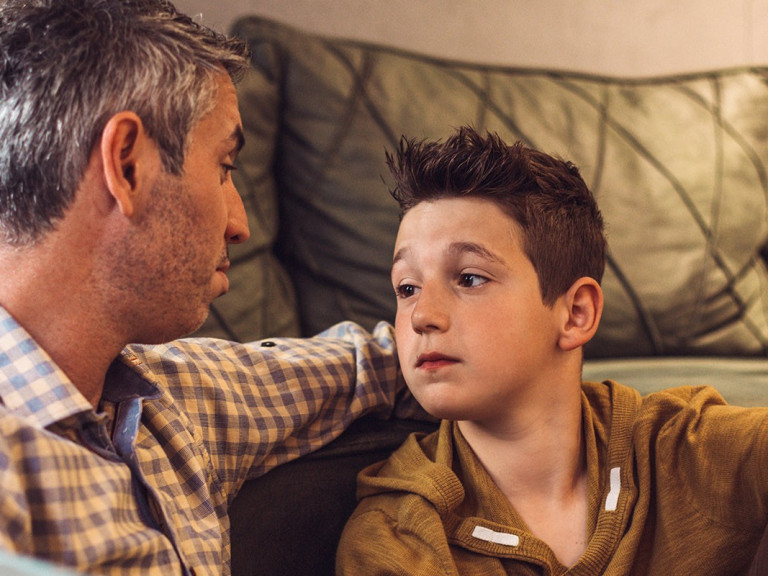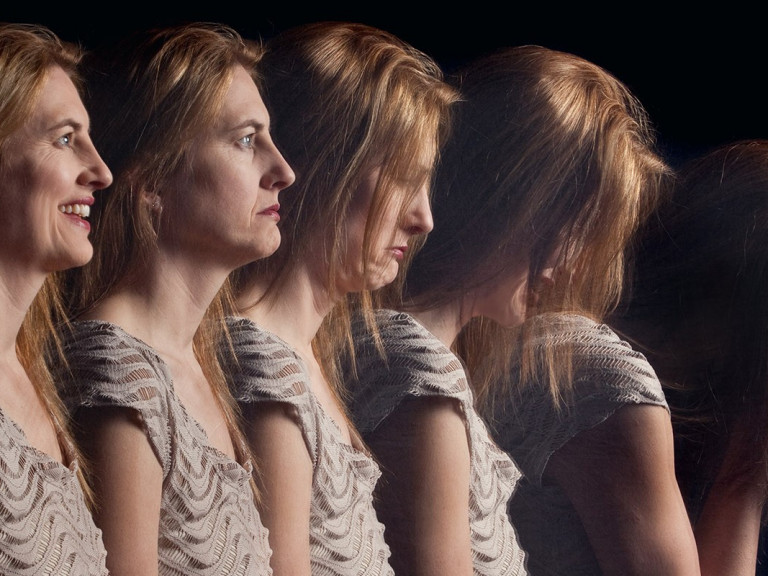Navigating the Complicated World of Eating Disorders: You're Not Alone
Everyone wants to feel good about themselves. In today’s world of social media, celebrity gossip, and constant photos, image is always on our minds. This focus on image and perfection can sometimes lead to dangerous territory for teens and young adults.
That said, eating disorders can impact many different people. Although eating disorders overwhelmingly impact young women, they can also affect others in many different ways. No matter how a disorder manifests, eating disorder therapy and treatment can help you (or your loved one) get back on track.
Eating Disorders: Not Just About Body Image
When we think of eating disorders, most of us think of anorexia (food restricting) or bulimia (binging and purging) and teenage girls. While it’s true that in eating disorder therapy, we often see young female patients, there are many other disordered ways of eating and no universal “type” of eating disorder patient.
People with eating disorders can be younger or older, very thin, athletic, or overweight; they may be financially successful or struggling. They may seem to have "it all together," or they might live chaotic lives. Eating disorders can coincide with other diagnoses, including obsessive-compulsive disorder, ADHD, sensory disorders, anxiety, addiction, and depression.
Many young adults, particularly teens, are concerned about how they look. They may feel self-conscious about their bodies, especially when going through the dramatic physical changes and fluctuating hormones of puberty. In addition, there are many social pressures on young adults, and this drive for perfection and achievement can turn into an obsession, which can become an eating disorder.
While the most well-known types of eating disorders are anorexia and bulimia, there are other disorders as well. Exercise anorexia is often seen in patients who adhere to extreme athletic regimens in an effort to control their body shape. While the individual might appear to be simply health conscious, it can become a damaging obsession that can lead to issues like amenorrhea (lack of a menstrual period), physical injury, exhaustion, and more.
We also see AFRID, or Avoidance Restrictive Food Intake Disorder,” in eating disorder therapy. AFRID often presents in younger children, who are extremely “picky” eaters. They may only eat specific foods, certain brands, or a few preparations. AFRID is often sensory and anxiety-based and can coincide with neurodivergence and sensory disorders.
When people have bulimia, they often binge (overeat to the point of discomfort) and then purge (expel the food with vomiting or laxative use). Those with bulimia often feel a great deal of shame. As a result, they may hide the disorder from others for years.
Binge eating disorder is a counterpart to bulimia. Binge eating disorder occurs when people overeat but don’t purge. Eating releases the feel-good chemical dopamine, and people may binge to counteract their feelings of depression, anxiety, grief, and other emotions. While binging might bring people a temporary sense of relief, they often feel guilt, shame, and hopelessness after binging, leading to a cycle that can be challenging to break. Binge eating disorder, or BED, is a very common eating disorder that can lead to many unhealthy conditions.
How to Detect an Eating Disorder in Teens
There are many times when people might change their eating habits and even engage in some unhealthy behaviors surrounding food. Eating is something we all must do each day, and when our eating becomes disordered, it can quickly spiral into an unhealthy situation.
Fortunately, with eating disorder therapy, people can get back on track and reclaim a healthy relationship with food. At Goodman, we offer mental health support and eating disorder therapy to help our clients get back on track.
But how do you know if you or your child needs help for an eating disorder? First of all, it's essential to understand what eating disorders are and be aware of the signs or symptoms. Any time something seems to interfere with your day-to-day enjoyment of life, it may be time to seek assistance to get you through the challenge.
As a parent, how can you tell if your teen struggles with an eating disorder? While most common among girls, eating disorders can affect boys, too. In a study recently published in JAMA, an estimated 1 in 7 men and 1 in 5 women will experience an eating disorder by age 40, with the majority occurring before at 25. Unfortunately, many kids and teens successfully hide eating disorders from their families for months or even years.
It’s important to note that eating disorders can occur in all body types. Although we typically think of extreme weight loss as an indication of an eating disorder, it can also present in people who are average-weight and overweight. Binge eating disorders, food phobias and rituals, and body image disorders like body dysmorphia are increasingly common.
Tweens as young as ten can start to show signs of body dysmorphia. They may have an intense fear of being overweight or believe they look bigger than they are. This is especially common during puberty when developing bodies feel uncomfortable and unfamiliar. Certain sports and activities with a physical focus can also make kids more aware of their body size and shape. For example, ballet, swimming, cheerleading, gymnastics, and wrestling can put some tweens and teens at a greater risk of eating disorders.
Many times, eating disorders can coincide with anxiety disorders, obsessive-compulsive disorder, and other diagnoses. Kids who are neurodivergent may struggle with sensory issues surrounding eating. When children and teens struggle with other mental health issues, they can have lower self-esteem and feel a loss of control. Their focus on eating may be an attempt to regain control when their lives feel chaotic.
It's important that parents are aware of the signs of eating disorders. During annual visits to the pediatrician, ensure your child is making appropriate gains in terms of height and weight. Watch for food hiding, restricting, eating in private, or rituals surrounding meals. If you notice appetite changes for more than a few weeks or hear more self-deprecating remarks, it may be time to reach out for assistance.
What to Expect with Eating Disorder Therapy
Whether you're seeking therapy for yourself or your child, knowing the best steps forward can be challenging. Parents may carry a lot of guilt or shame that they said the wrong thing or didn't provide the best example to their kids. It's important to realize that, like any mental health diagnosis, an eating disorder isn’t anyone’s fault. As a parent, it may be helpful to talk through these feelings with a professional too.
It's difficult for people to admit that they have an eating disorder because our society has so many mixed messages surrounding body image and weight. They may feel shame and guilt about their situation. Eating disorders can be very isolating and lonely.
It's essential that anyone who suffers from disordered eating or who is supporting someone in eating disorder therapy knows that there's no shame in seeking help. Eating disorders can be life-threatening and debilitating when left untreated. The earlier the intervention, often the shorter the treatment required.
At Goodman, we have experienced therapists, counselors, and psychologists on staff who can help individuals and parents with eating disorder recovery. Using proven approaches like Cognitive Behavioral Therapy, Family Therapy, and Experiential Techniques can help address eating disorders, as well as related underlying issues.
With the proper support, people can change their thoughts, behaviors, and emotions around eating and food. These steps can decrease anxiety and help people develop a healthier attitude and approach toward food and body image.





















